Crane remote control
We offer a variety of wireless crane control options to suit different needs. Whether you’re seeking a remote control for a crane or a winch, we have multiple choices. Our smallest model is compact enough to fit in your pocket, while larger, more rugged versions are designed for heavy-duty applications.
All systems sold for use in North America operate in licensed free frequencies and are FCC/IC approved.
A key advantage of our system, in addition to its robustness and high performance, is the ease of replacing lost or damaged transmitters. Without needing to access the receiver or add any extra hardware, you can use the transmitter buttons to enter the manual mode and replace the transmitter ID.
Wireless crane remote
Panther Systems
- Panther crane controller adapt to 95% of all Lifting and Crane applications in the market: Remote control Overhead Cranes, Bridge Cranes, Electric Hoists, Gantry Cranes, Winches, etc. It has CAT3 PLd certification.
- 2.4 GHz frequency and interference free.
- Safety relay(s) drop upon out of range, dead battery, broken transmitter, etc.
- As standard, it is possible to record up to 8 transmitters in the receiver’s memory, although for safety, the receiver only allows the operation of one transmitter at a time.
- Capable of controlling up to four cranes independently with a single transmitter (each crane with its respective receiver).
Tiger Systems
- Tiger is a more advanced wireless crane remote solution for overhead cranes, gantry cranes, hoists, and lifting, designed for more complex applications.
- It is ideal when feedback from the controlled machinery is required, whether via LEDs or on the screen itself. It also has SIL3 PLe certification.
- There are versions with and without screens, in different sizes, and with proportional or two-step buttons.
- Receivers with up to 2+2+28 relays, BUS systems, CANOpen, Modbus, etc.
- Control two cranes independently or in TANDEM with a single transmitter.

Fail-safe operation
Safety relay(s) drop upon out of range, dead battery, broken transmitter, etc.

Dust & Water Protected
Our lifting and crane remote control systems are extremely robust.
Some are IP65 and most are IP67 certified.
Tandem crane remote control
Communication between cranes is essential for safe tandem lifting, with transceiver equipment synchronized across all movements. This constant communication between the crane receivers significantly enhances the safety of the operation.
When a crane or trolley reaches its first end-of-travel limit, it can be set up to automatically shift from fast to slow speed in sync with the other(s). Upon reaching the final end-of-travel limit, both cranes come to a complete stop. Both cranes should stay always synchronized to prevent accidents and protect both the load and workers, both cranes should stay always synchronized. This synchronization also applies to hoists if the load limit is reached during lifting.
APPLICATIONS
To give an idea of the possibilities, we have some examples of applications and their typical products below:

TOWER CRANES
Tower cranes without an operators cab exclusively use remote control and Tele Radio can supply several solutions for the control. A benefit of using remote controls from Tele Radio is that we supply PLd and PLe certified systems which is a requirement in many countries when lifting loads that pass over people.

ELECTRICAL HOIST
The typical hoist is a chain lifting device for lighter loads, ranging up to around 5000 kg, typically used for stationary workstation lifting. By using a remote control the user can avoid working to close to the load and in a more favorable position ergonomically.

EOT CRANES
Electrical overhead traversing cranes are large loading beams running on tracks in the roof of a warehouse. These cranes lift loads from a few tons to 100 metric tons or more.
Your preferences for security and functionality
To choose the transmitter best suited to your needs, it is best to consult your Tele Radio team. We provide different transmitters with specific characteristics. The following three elements are decisive for the choice:

Safety Level
Our transmitters are safe and many models have independent safety certification. This means that the operation of the stop button has been tested and verified by an external and independent body. We recommend choosing a system with independent safety certification if you want to minimize the risk of injury when using machinery. No security risk? Then you can choose a transmitter without certification.

Push Buttons or Joysticks
The use of buttons makes the transmitter more manageable, but certainly not less precise. A transmitter with proportional buttons, for example, has the accuracy of a joystick transmitter. Pressing the button further increases the degree of activation. A joystick transmitter is larger, but has more customization options, such as special buttons and switches.

Feedback
Some transmitters can receive information from a controlled receiver. Depending on the system, information can be made visible via LEDs on the transmitter or via a display. For example, when controlling a crane, you can use the display to view information such as the weight to be lifted or alarms. This feature is less important for less complex applications, such as truck winches.
Contact us
About Tele Radio
Tele Radio, a Swedish company with over 65 years of experience, is a global leader
in remote control technology, particularly within the lifting industry. We design,
customize, and supply remote control systems to tens of thousands of companies
worldwide, including notable clients like Volvo, Tesla, Komatsu, and SpaceX.
Our global network of subsidiaries and partnerships enables us to provide support
worldwide.
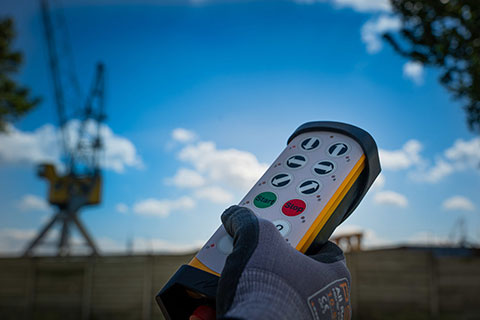
Create a customized foil or faceplate with specific symbols for your functions, along with your logo and corporate colors.
Learn more about crane remote control
To learn more about our lifting and crane remote control systems, feel free to explore any of the following resources:
Recorded webinar regarding our remote control systems for lifting and crane applications with examples
Tiger and Panther for overhead cranes. Short video presentation and main characteristics



















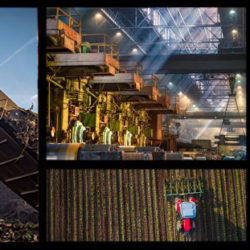
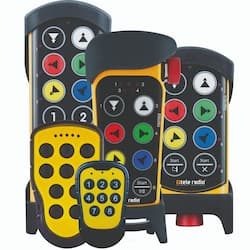
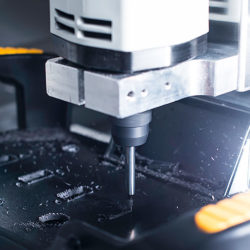

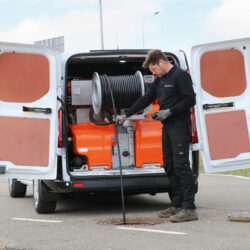
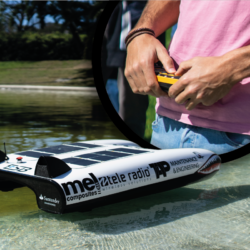
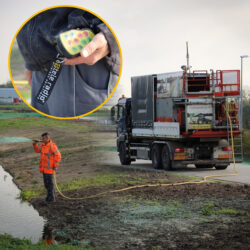
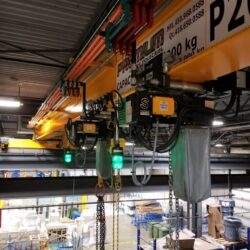
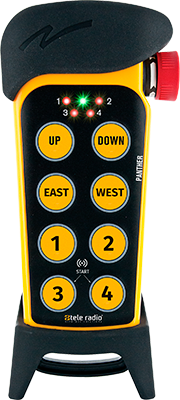
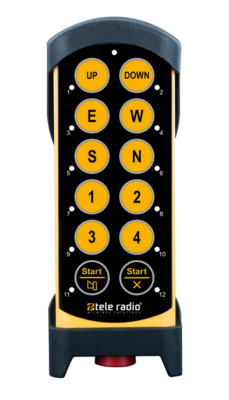
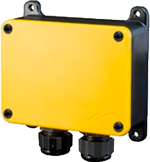
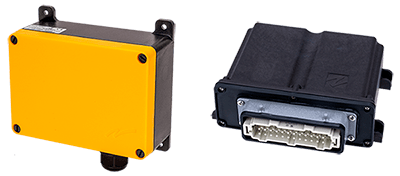
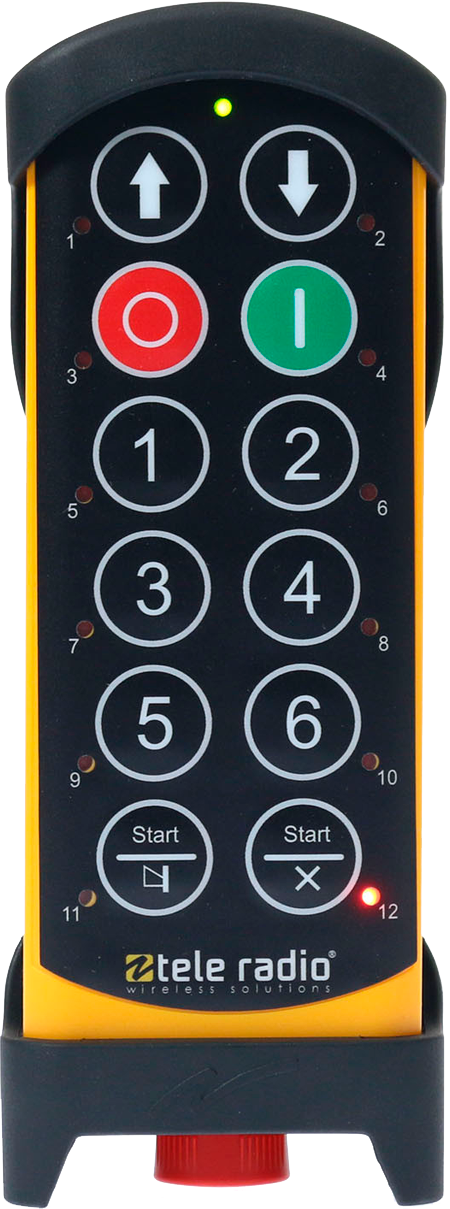
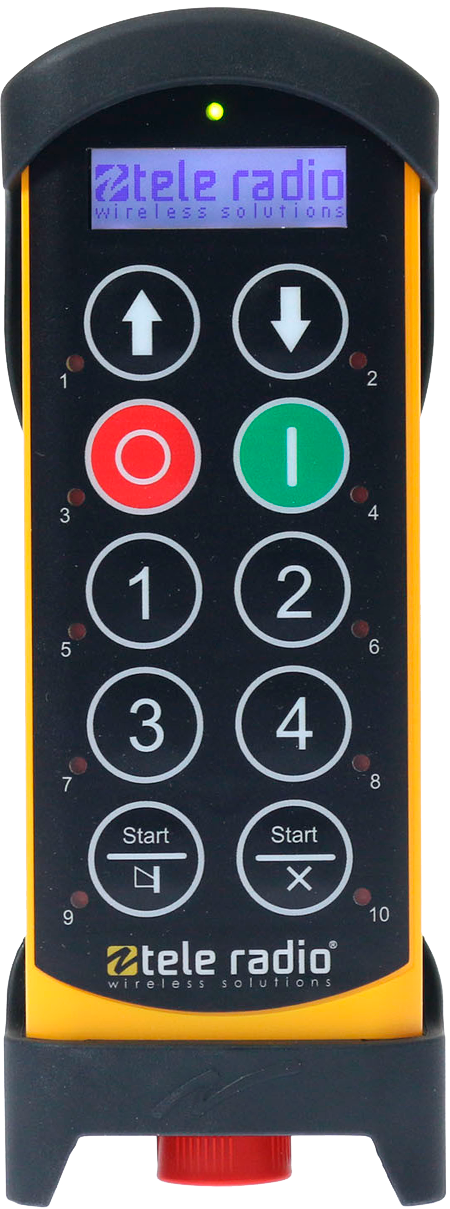

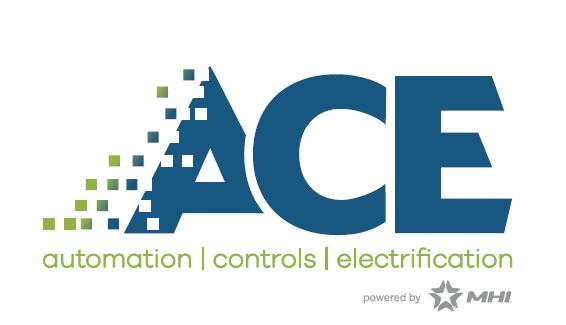


 Tele Radio supports the world wide preservation of the Tiger with WWF.
Tele Radio supports the world wide preservation of the Tiger with WWF.